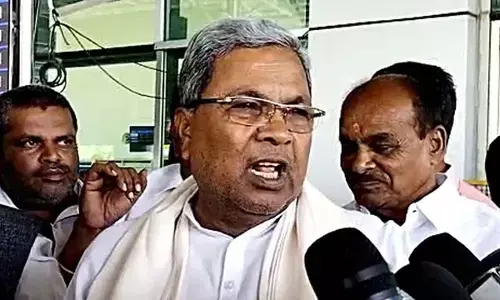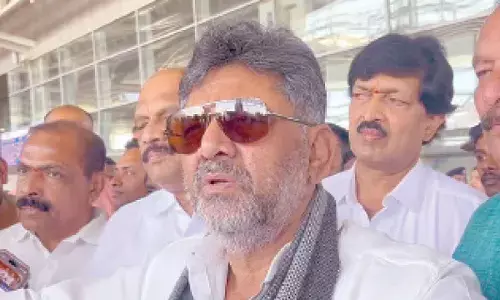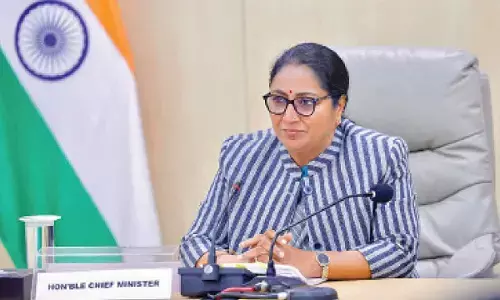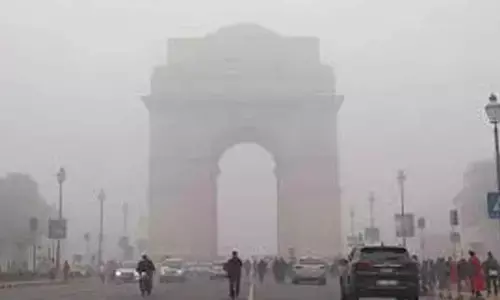France takes aim at US inaction in Mideast
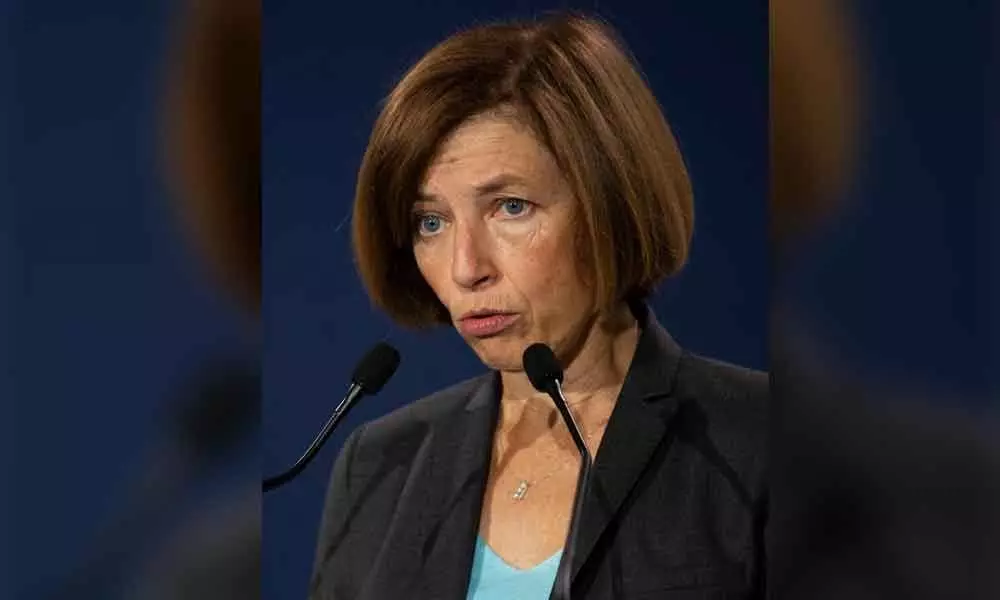
French Defence Minister Florence Parly took aim Saturday at "gradual US disengagement" in the Middle East and said its failure to respond to provocations blamed on Iran set off a dangerous chain of events.
Manama : French Defence Minister Florence Parly took aim Saturday at "gradual US disengagement" in the Middle East and said its failure to respond to provocations blamed on Iran set off a dangerous chain of events.
Since May, tensions in the Gulf have escalated alarmingly with attacks against tankers, a US unmanned drone being downed, and strikes on key Saudi oil facilities in September.
Iran was blamed but denied involvement, and the United States has avoided equivalent retaliation despite its Saudi ally being in the crosshairs.
"We've seen a deliberate gradual US disengagement," Parly said at the annual Manama Dialogue on regional security, adding it had been "on the cards for a while" but had become clearer with recent events.
"When the mining of ships went unanswered, the drone got shot. When that in turn went unanswered, major oil facilities were bombed. Where does it stop? Where are the stabilisers?" she asked. "The region is accustomed to the ebb and flow of US involvement.
But this time it seemed more serious." Speaking from the same stage in Bahrain, Saudi Minister of State for Foreign Affairs Adel al-Jubeir insisted there was no US withdrawal from the region and no doubt about its commitment.
"We believe the US is very dependable ally, and has been for the past seven decades" he said. "There is a desire in the US historically to try to retreat from the international scene, but that desire is not is reflected in America's posture".
Jubeir defended Riyadh's measured response to the September strikes, saying the kingdom was being "strategically very patient" in its investigation so there is "not a shadow of doubt" on where the drones and missiles came from. "We have said all along we don't want war, so to jump into war very quickly is not a rational position."
General Kenneth McKenzie, commander of US Central Command, which covers the Middle East, also deflected the criticism of America's role in the region, although he conceded it may not top the list of priorities.
"We have a carrier in the theatre, we've reinforced Saudi Arabia, so I'm not sure I would agree with the narrative of abandonment or a narrative of walking away," he told reporters on the sidelines of the conference.
"Clearly the United States has different global priorities and this is probably not the highest global priority, but I think it remains a very important thing for the United States." Earlier, he told the forum: "There is a lot of water to cover.
Simply put, we don't have sufficient resources to be where we want to be in the right numbers all the time." The US aircraft carrier strike group Abraham Lincoln sailed through the Strait of Hormuz last week in what the Pentagon said was a show of Washington's commitment to freedom of navigation.
It was the first time a carrier group has passed through the strait -- a chokepoint for a third of the world's seaborne oil -- since Iran downed the US drone in June in the same area.
The French defence minister also put herself at odds with the US on security in the Gulf, after Washington earlier this month launched a maritime coalition based in Bahrain to protect shipping in the strait.
France instead favours a European mission which Parly said should be able to start "very soon". "I would like to add that we are not subtracting anything, we are adding, as a number of countries would not have participated in the American initiative anyway," she said.
In a wide-ranging and strongly worded speech, Parly also spoke out on the dangers of chemical weapons again being used in Syria -an outcome that would be a red line for France.
"Yes there is a risk and when you look at (rebel-held) Idlib province there is a strong risk," she said. "I am convinced that if these weapons were used again that France would be ready to react again."
She also homed in on strains in NATO, saying it remained the cornerstone of security in Europe but that it was "time to move from the brain-dead to the brainstorm".
French President Emmanuel Macron stirred controversy this month saying he believed NATO was undergoing "brain death," lamenting a lack of coordination between Europe and the United States, in an interview with The Economist magazine









